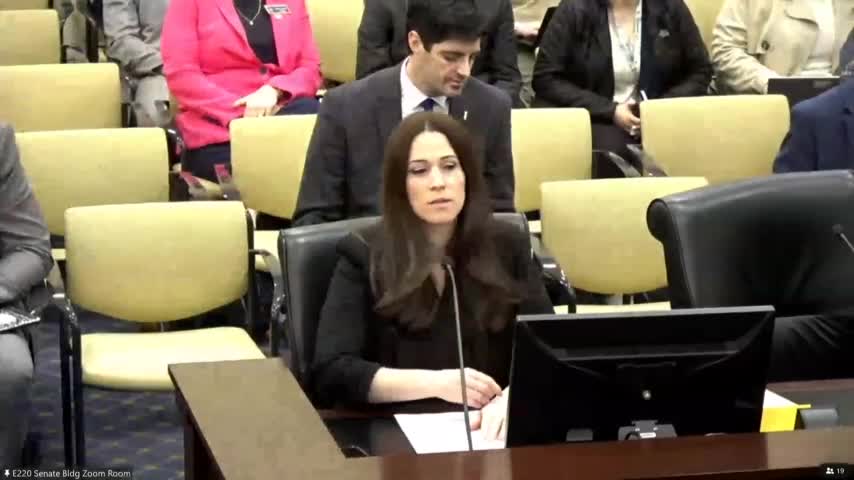Article not found
This article is no longer available. But don't worry—we've gathered other articles that discuss the same topic.

Committee backs requiring auditing credentials for county auditor in first-class counties

Committee eases annual reapplication for urban farm assessment

Committee approves narrowed substitute to phase electric landscape equipment on state properties in larger counties

Committee backs expanding assisted-reproduction coverage for public employees

Committee favors changes to public infrastructure district rules, approves bill

